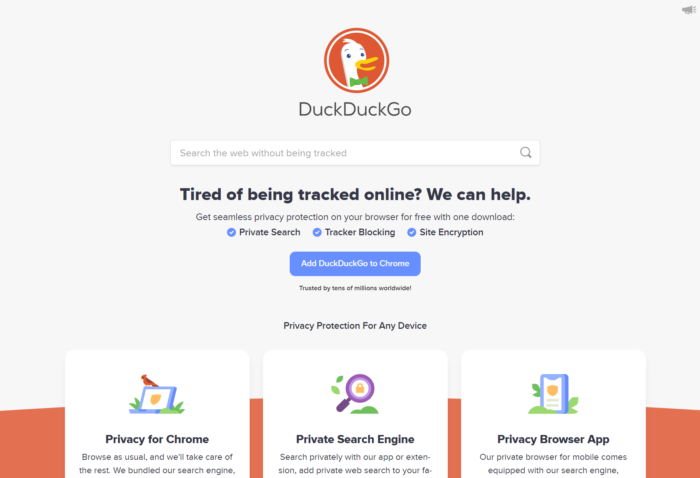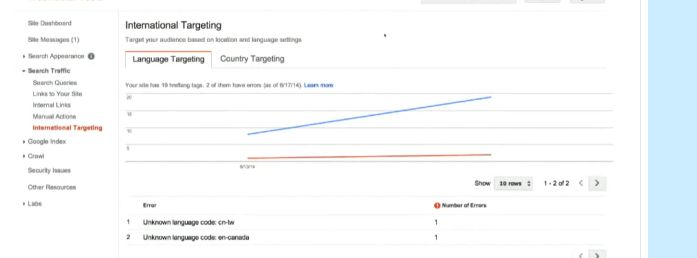
First, you need to define your SEO objectives. Second, you will need to define the KPIs. An SEO strategy must align with the brand's macro-objectives. It can increase brand awareness, or position your site on Google's first page. KPIs are used to define your goals and KPIs. To measure authority, domain authority and page authority can be used. These metrics can be used for determining the effectiveness of your SEO strategy.
Off-page SEO
Off-page SEO strategies include getting your business listed on hundreds of authoritative directories. These directories include Google My Business and Yahoo Local as well as Superpages, Superpages and CrunchBase. These directories will help you build SEO links and increase your trust with search engines. There are many other methods to get your site listed.
Local SEO
Local SEO is all about a Google My Business Page. Include helpful text and photos, as well links to your social media and website pages. You're missing a huge opportunity to get leads if you are not already listed on Google. Learn these three tips to help you create a Google My Business Page. Then implement them to improve your local SEO results. Here are three key strategies to improve your local search engine optimization.

Voice search
Voice search is a great way to get the best SEO results. Voice search results will typically be listed in the first three spots on SERPs. This can dramatically improve your website's authority. To attract more users and convert more customers, optimize your content for voice searches. Conduit is a company that offers expert digital marketing advice. Long-winded content should be avoided as users prefer to read whole sentences over long ones.
KPIs
Effective SEO strategies will require you to identify your key performance indicators (KPIs). Using customer-oriented metrics can ensure that your SEO efforts meet business objectives. Although SEO is often confused by metrics, the two terms are very different. This article will explain the differences in metrics and KPIs, and how they impact SEO. By the time you're done reading this article, you'll have a better understanding of what SEO is and how it works.
Tools
SEO (search engine optimization) is a dynamic field. It is vital to keep your website relevant by using SEO tools. These tools will allow you to determine the health of your site and pinpoint any problems, opportunities or weaknesses that could keep you from ranking high in search engines. Below are some of most commonly used tools by SEO professionals. Each tool is useful for a specific purpose. Learn how to make the most of them.

FAQ
How often should SEO be performed?
It doesn't matter how well you keep your links maintained. You don’t have to do regular SEO campaigns. If you stop maintaining your link and only rely on organic traffic to bring in business, you may lose potential customers.
Generally speaking, monthly SEO updates are recommended for small businesses. For larger companies, quarterly updates might be necessary.
What is On-Page Search Engine Optimization?
On-page SEO is the process of improving your website's ranking in search engines. Things such as site architecture, page titles, meta tags, and image alt text are all part of on-page SEO. Off-page SEO refers to activities outside your website that will improve its ranking. These include backlinks, social media shares, press releases, and more.
What Do I Need To Know About Backlinks?
Backlinks can be links that point to a webpage via a link from another website. They are one of the most powerful tools used by search engines to determine where a web page belongs in the search results. Backlinks prove that other people believe your content valuable. Quality backlinks are essential if you want to rank well in search results.
Statistics
- 64% of marketers actively create SEO campaigns because they help hit multiple key performance indicators (KPIs), including increasing traffic, helping your site rank for relevant keywords, improving your conversion rate, and much more. (semrush.com)
- Which led to a 70.43% boost in search engine traffic compared to the old version of the post: (backlinko.com)
- Sean isn't alone… Blogger James Pearson recently axed hundreds of blog posts from his site… and his organic traffic increased by 30%: (backlinko.com)
- Deleting those 10k pages is one of the main reasons that he improved his site's organic traffic by nearly 90%: (backlinko.com)
- These guides are designed and coded 100% from scratch using WordPress. (backlinko.com)
External Links
How To
How to choose the best SEO strategy for your company
These are some factors that can help you choose the right SEO strategy for your website.
-
Keyword Research
Your primary goal in SEO is to rank high for certain terms. To do this, you need to research keywords that are related to your website. You also need to identify negative keyword phrases which aren't relevant to your audience.You might also want to look for less competitive long-tail keywords.
-
Content Strategy
Content marketing is important for all businesses. Websites that sell eCommerce products or services need to be ranked high in search results pages. This can increase conversion rates and drive sales.
Creating relevant, engaging content that solves problems and provides solutions is key.
-
Link Building
Links are vital for ranking well on search engines.They help boost your page rankings and improve your website's credibility.However, building many links can dilute your Page Rank score. It is important to create valuable relationships with other sites.
-
Social Media Marketing
You may consider using social media channels to promote the brand. Sharing your material across social media channels can encourage others.
-
Website Structure
Good design doesn't necessarily translate into better rankings but it does make an impact. A simple, clean layout will improve the user experience which in turn leads to more conversions. Also, ensure your site loads quickly to prevent users from leaving the site before they have completed transactions.
-
Mobile Optimization
Mobile devices account for almost half of internet usage today.If your website isn't optimized for mobile, you could lose out on traffic and potential clients.
-
Local Search
This refers specifically to local markets, rather than national. Local SEO optimizes your website in order to rank for local searches such "restaurants nearest me" or business listings in my local area. Because people trust recommendations from their friends, family members, or colleagues, it is easier to rank high locally.
-
Ecommerce Website Development
Ecommerce websites benefit from a range of different types of SEO strategies.For example, they often perform best when they're optimized for both desktop and mobile devices. Additionally, they are more likely to rank higher for longer-tail keywords.
-
Video Ranking
Video content ranks well in search engines. It ranks well for longer queries, and gets more shares.
-
Branding
Branding is the process of designing a logo, product names, and messaging that gives your company its own identity and personality. This helps customers get to know you and what you do.
-
Analytics Software
Analytics software allows you to track how visitors interact with your website.The information gathered through analytics can help optimize your efforts and increase conversions.
-
Email List Management
Email lists allow you to send emails directly to your target audience.You can send messages about new products, special offers, and promotions.
-
Blogging
Blogging is another way to generate quality backlinks. Writing blog posts about your business will help you attract links from trusted sources.
-
Customer Satisfaction
Customer satisfaction is one of the most effective ways to get high-quality backlinks.When satisfied customers refer their friends and colleagues to your site, this will result in quality backlinks.
-
Content Marketing
Content marketing involves producing unique, useful, relevant content that educates, entertains, or inspires readers.
Engaging content builds trust and leads to higher conversion rates.